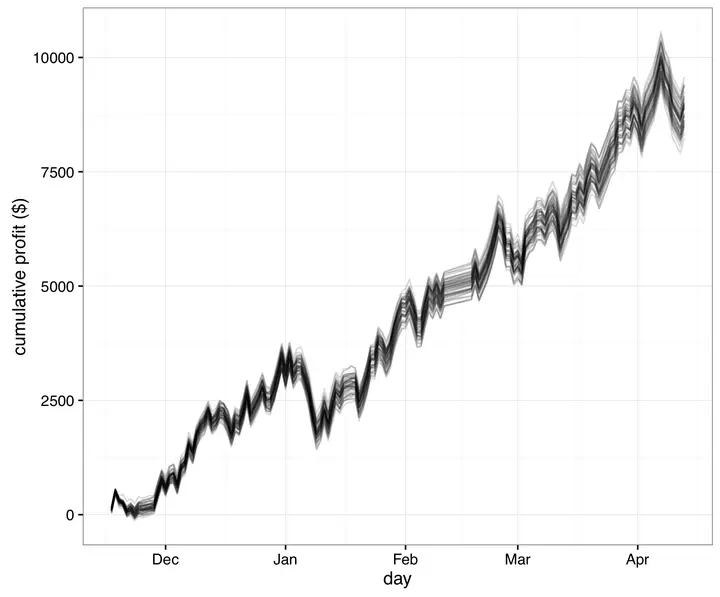
Abstract
Fantasy sports, particularly the daily variety in which new lineups are selected each day, is a rapidly growing industry. The two largest companies in the daily fantasy business, DraftKings and Fanduel, are valued at more than
Type
Publication
In The American Statistician